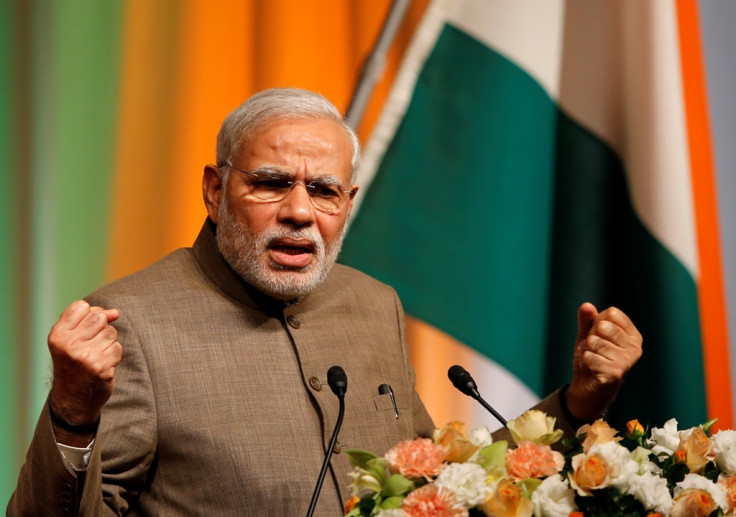India: Modi orders insurance, coal reforms despite political opposition
Foreign firms can raise their participation in insurance joint ventures to 49% from 26%.

Indian Prime Minister Narendra Modi has employed a rarely-used executive order to implement insurance and coal policy changes, displaying his tenacity to overhaul Asia's third-largest economy despite political opposition in parliament.
However, not every foreign investor is expected to commit fresh funds right away as the orders have to be approved by parliament within six weeks of the opening of the next session - scheduled for the start of February – for it to become a formal law.
The Ordinance
Under the executive order, known as an ordinance, foreign firms can increase their participation in insurance joint ventures to 49%, from 26% currently, a potential lifeline for a sector starved of capital and bogged down by regulations.
Though the insurance reform enjoys rare bipartisan support, there is a risk that it could meet the fate of the decree Modi recently issued to open up the coal industry to the private sector.
A bill to convert the coal ordinance into a law failed to make progress in the parliament session that ended on 23 December, forcing the federal cabinet to renew it on 24 December.
Opposition
Modi lacks a majority in the upper house of parliament which is indirectly elected by state legislators.
Opposition parties blocked a vote on the measures in the upper house, demanding that Modi first rein in Hindu hardliners who are pushing a partisan agenda: they accused the Prime Minister of doing little to prevent his supporters from forcibly converting religious minorities to Hinduism.
Insurance stocks
Shares of insurers rallied on the news.
Reliance Capital, which has partnered with Nippon Life Insurance for an insurance venture, and Max India, the Indian partner of MS&AD Insurance Group Holdings, Japan's biggest casualty insurer, rallied after the cabinet passed the ordinance.
Experts' take
Shashwat Sharma, a partner at KPMG, told Reuters that the insurance bill, if passed, will drive up to $4bn (£2.6bn, €3.1bn) of new investments into the sector.
Abizer Diwanji, national head of financial services at EY said investors will wait for the ordinances to be converted in to laws.
Diwanji said: "If you are making substantial investments in the country, then you would certainly want to make sure that there is absolute clarity."
Earlier on Wednesday, Finance Minister Arun Jaitley said after a meeting of the cabinet: "The ordinances demonstrate the firm commitment and the determination of this government to reform.
"It also announces to the rest of the world including investors that this country can no longer wait even if one of the houses of parliament waits indefinitely to take up its agenda."
© Copyright IBTimes 2025. All rights reserved.






















